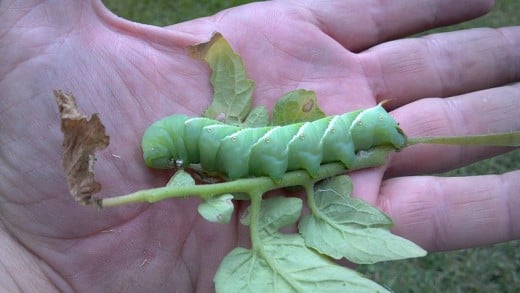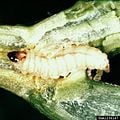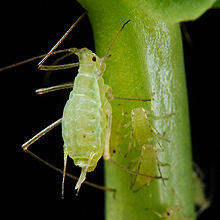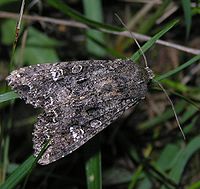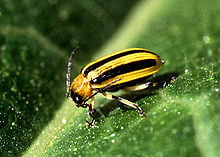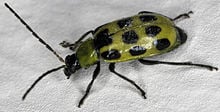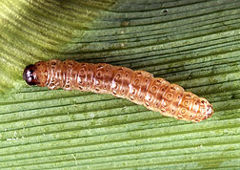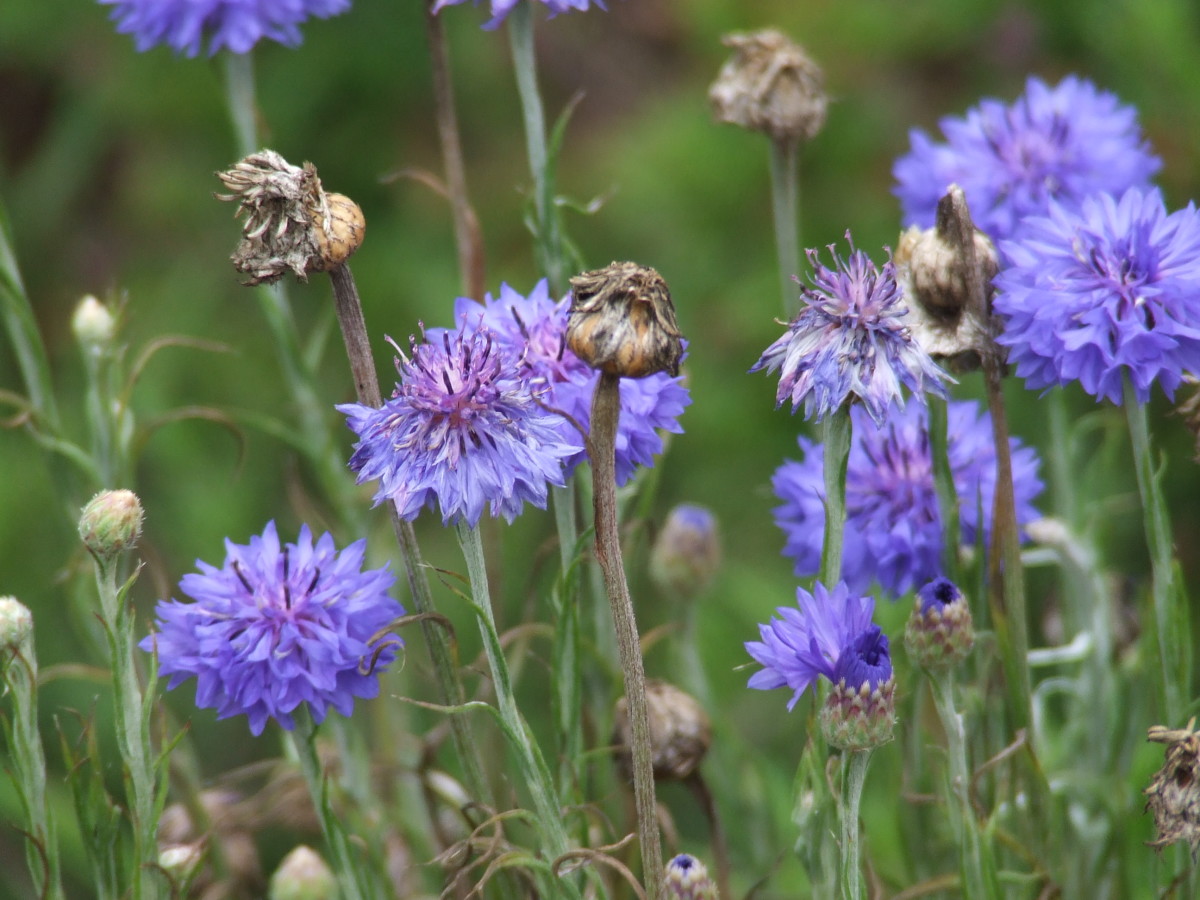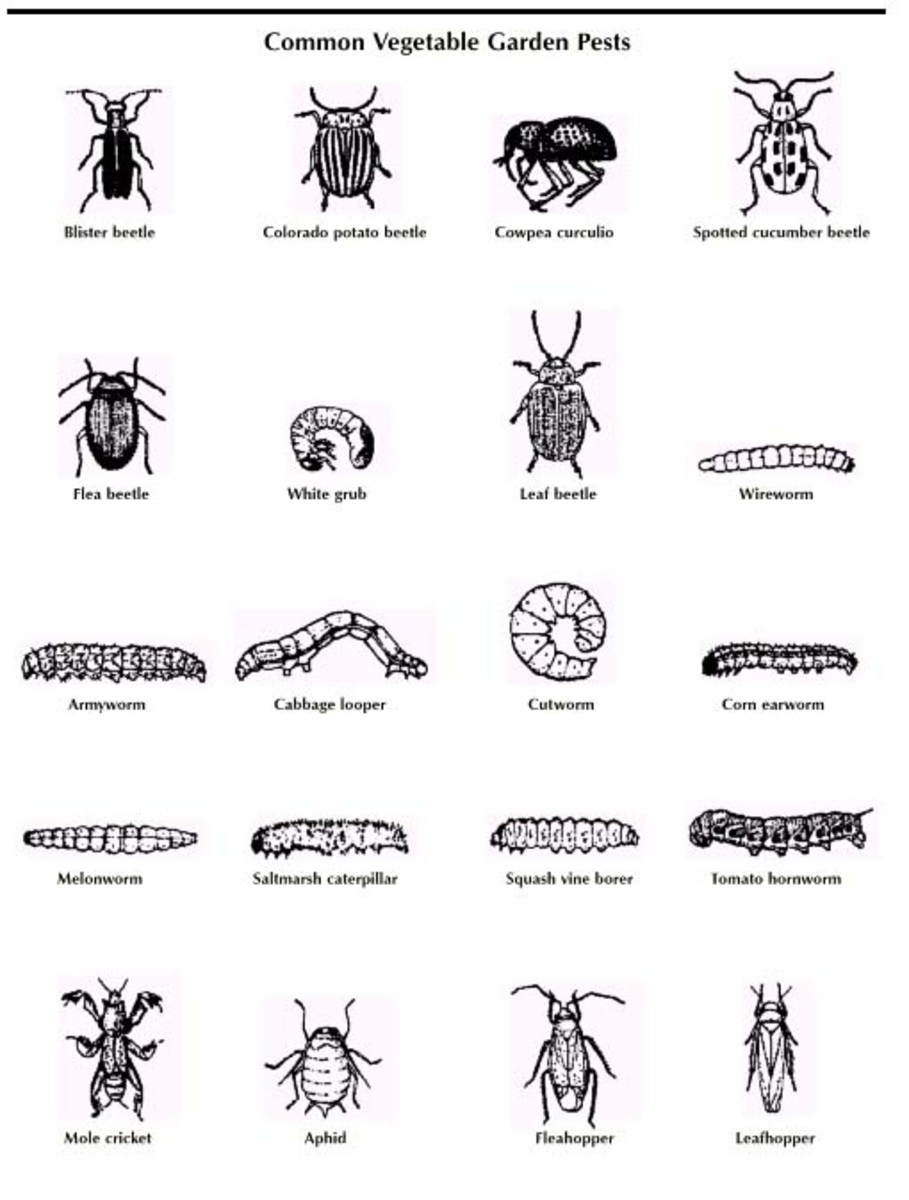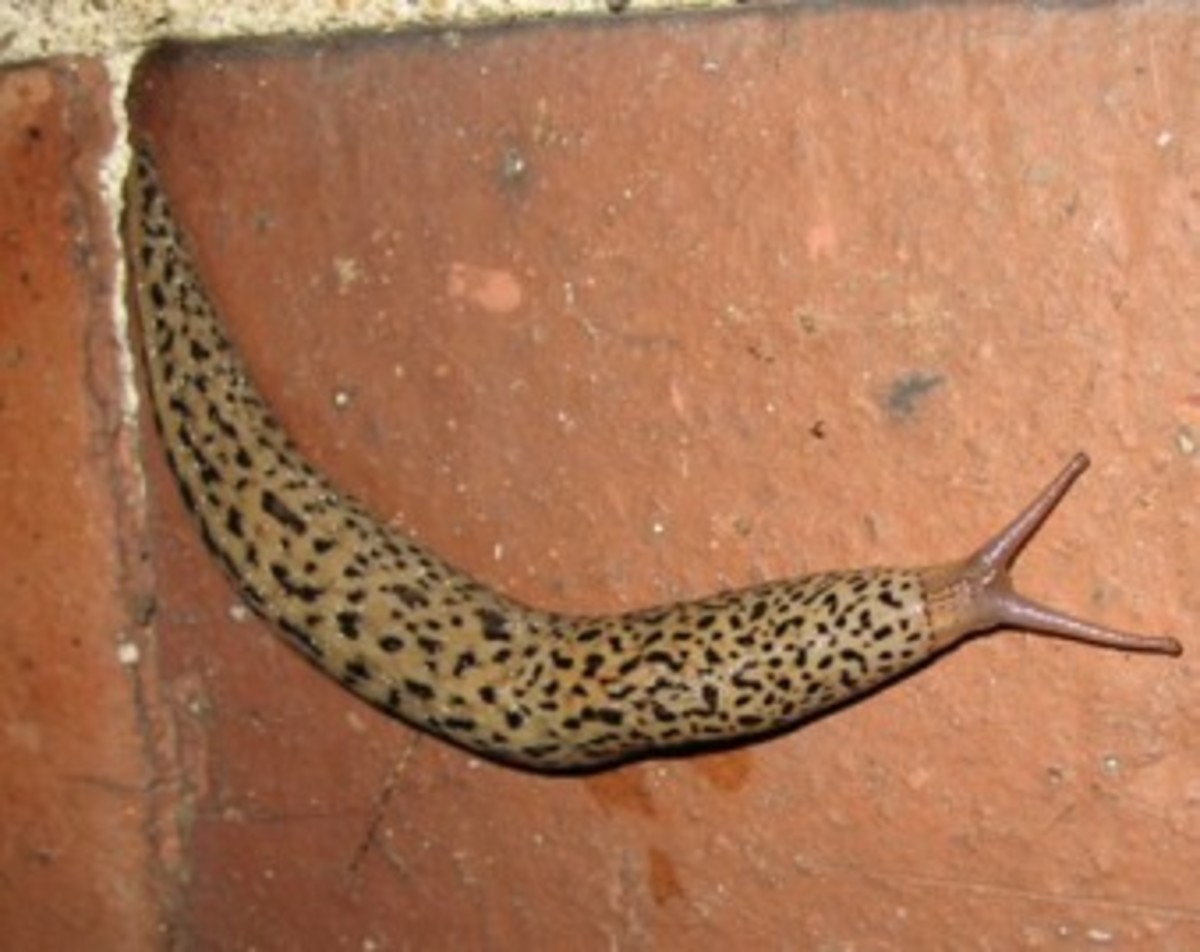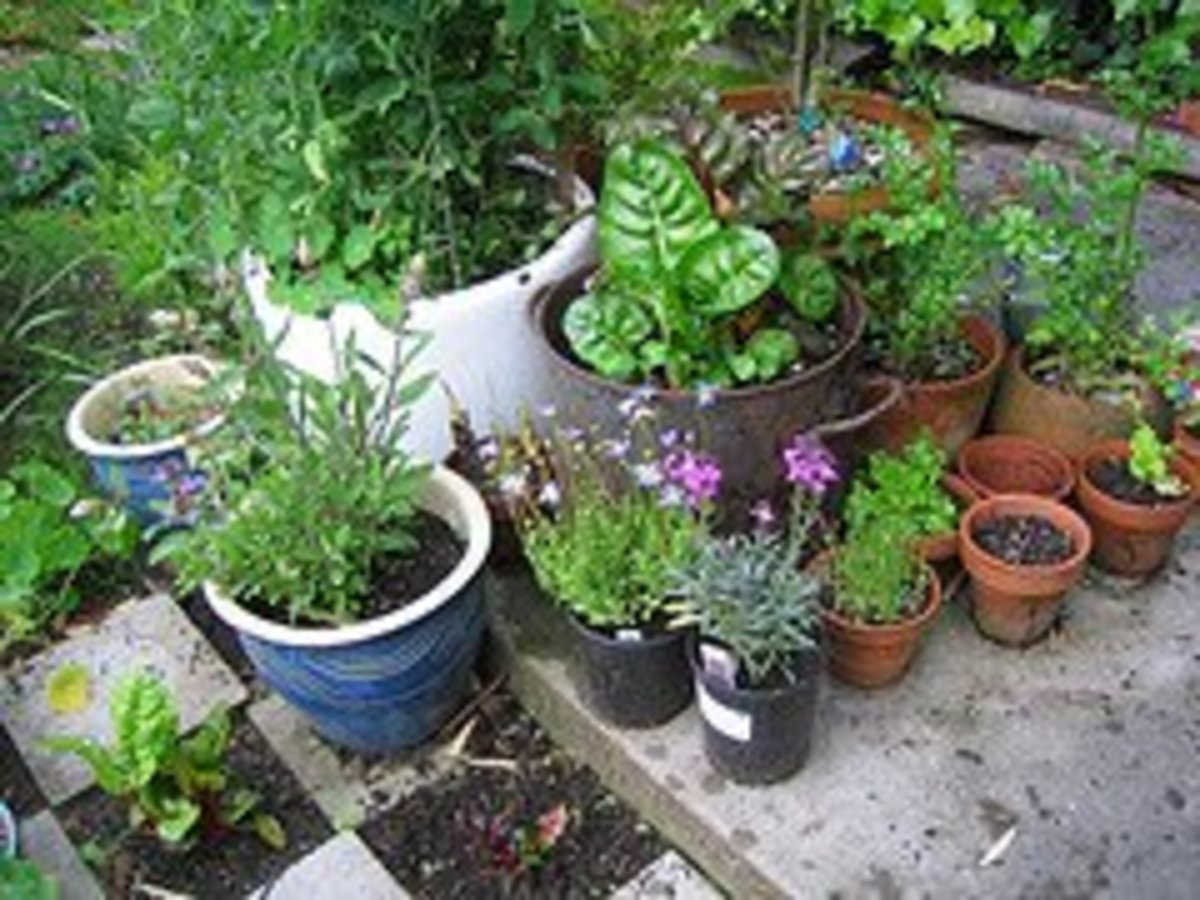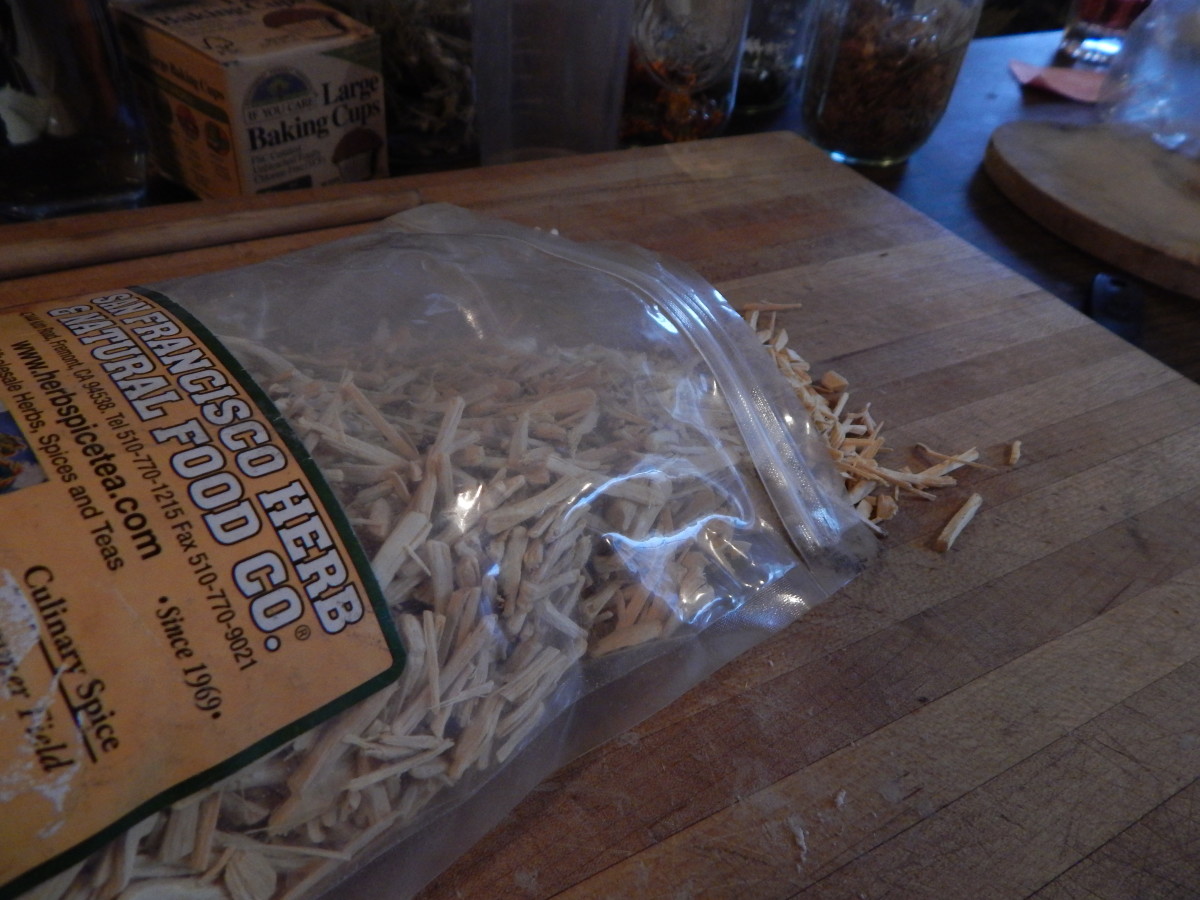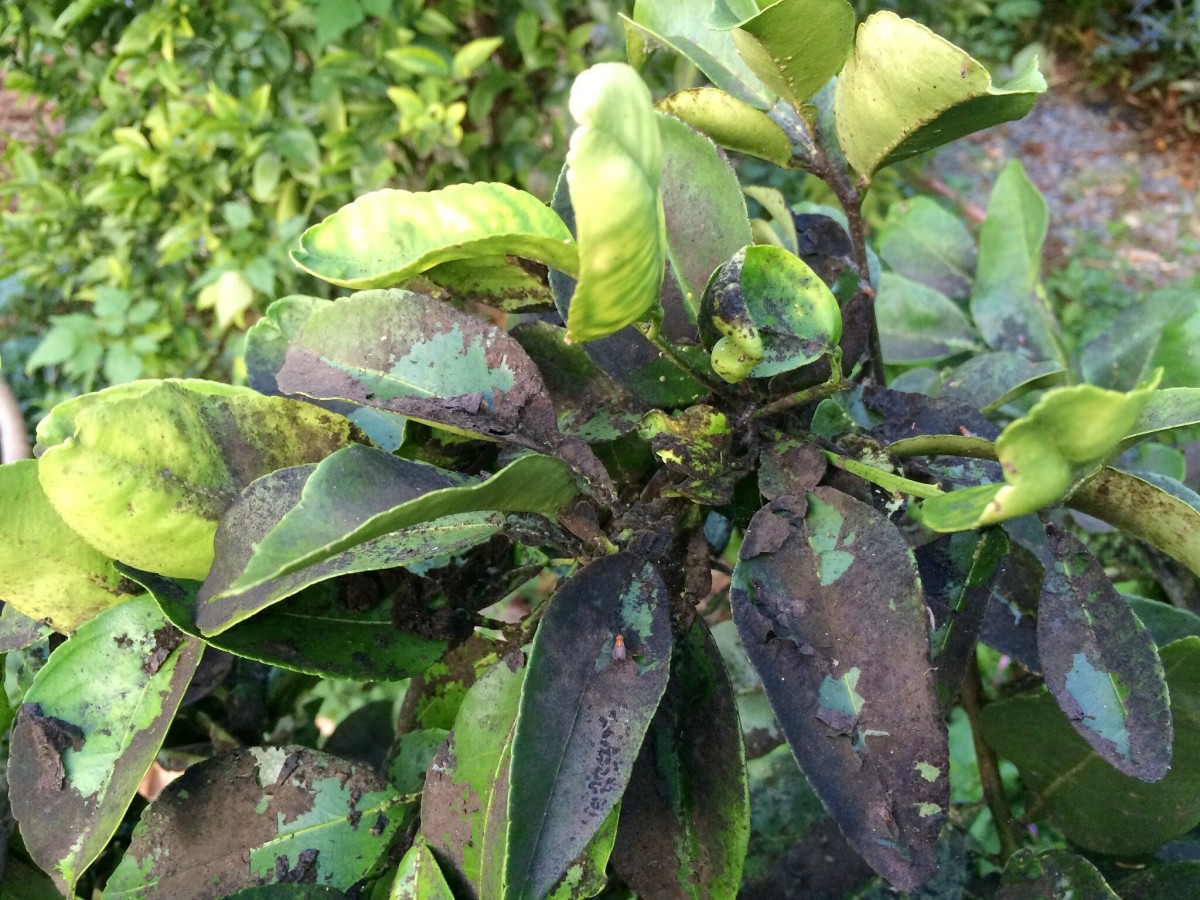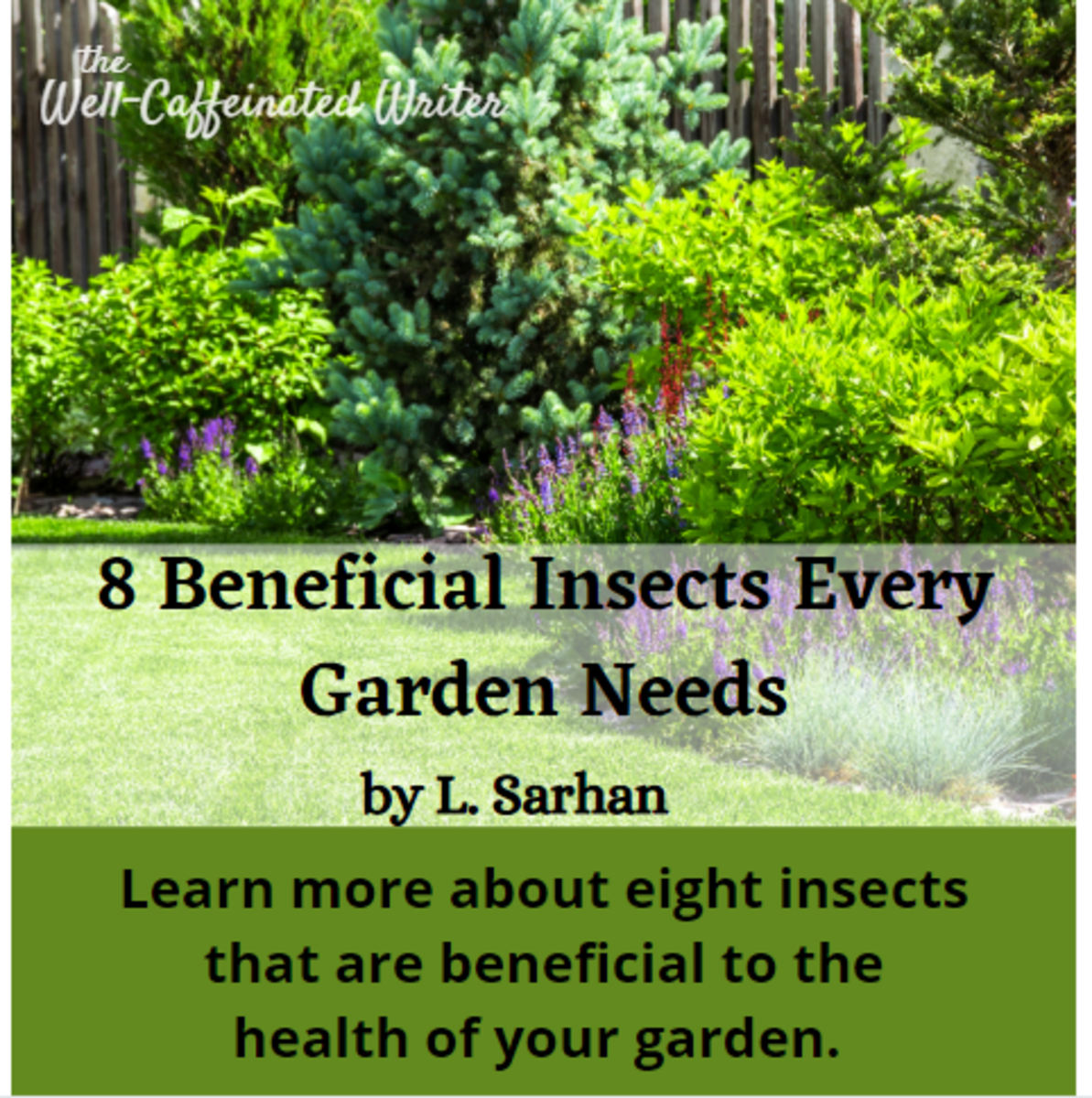How to Identify and Eliminate Common Garden Pests
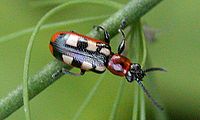
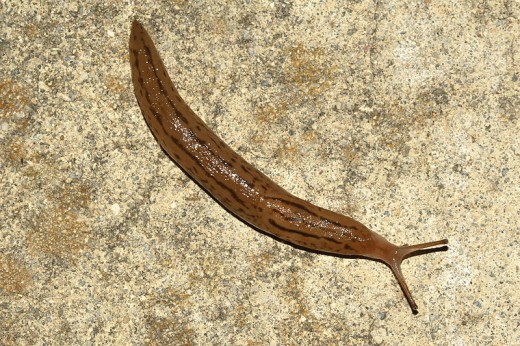
Helpful Gardening Links
- Twenty Tips and Tricks to a Great Garden
Some tips on soil preparation, using household waste in gardening, and organic ways of keeping pests out of the garden. - Harness the Power of Companion Plants
Healthy plants have a certain degree of resistance to pests. Keeping an eye out for warning signs of nutrient deficiencies can be a great way to keep plants strong by remedying soil when it becomes a problem.
Insects, Worms, and Other Bugs
No matter where you live, garden pests are all around us. You might not see them before your garden is in, but they always find it. I have compiled a list of many of the most common critters and pests that can ruin your gardening experience.
Tomato Horn Worm
The tomato horn worm is a common pest in the garden. The adult is a large brown moth that emerges from the soil in the spring. The larval stage is what poses the largest threat to your crop. Horn worms can be up to 4" long. They attack tomatoes, peppers, and eggplants and can destroy a plant overnight.
Potato beetle
While the name implies that is a pest for potato growers, like many pests, it will attack other plants as well. They also attack tomato and eggplants. They can grow in numbers rapidly and can damage potential yields relatively quickly.
Corn borer
The corn borer has a been the scourge of corn farmers for centuries. There are a few different types, but the European corn borer is the most common. They are found in the stalks and ears of corn, making ears of sweet corn unsellable and weakening the structure of corn stalks. This can cause them to be laid over in the field and possibly kill plants before they mature.
Squash vine borer
The squash vine borer is a very difficult one to fight. Pesticides do not work once the borer is in the vine. Many times, they will start by boring into the leaf stem and then moving into the main vine. Some will start at the very base of the vine, killing the entire vine. One way to combat this is by covering small parts of the vine with soil. This causes it to take root at that point so in the event of a squash vine borer infestation, the loss of the main roots does not kill the plant. Another way of saving the vine is to detect them early, and cut them out of the vine using a razor blade along the axis of the vine. Some gardener will also bend a piece of clothes hanger and kill the inside the vine with it, granted they aren't bored in too far.
Caterpillar
Caterpillars are a general nuisance. They are the larval form of many different types of butterflies and moths. They feed on any and all plants, vegetables, and fruits, causing plants to die and produce to become unsellable.
Japanese beetle
Japanese beetles are a general problem, especially in the eastern U.S. They feed on the leaves and buds of most fruiting plants like raspberries, apples, peaches, cherries, and blackberries. This is on top of the many other types of ornamental vegetation. In their larval form, they are known as the grub. They like clovers primarily and are a key cause of mole problems. Getting rid of grubs minimizes both Japanese beetles and moles.
Slugs
Slugs attack a many vegetable and fruit plants. They eat both foliage and fruit, causing death to the plant, as well as loss of crops because crops are unsellable. There are several pesticides made specifically for slugs. One organic way of deterring them is to crush eggshells and make a trail of them around your plants. Slugs do not like crossing the shells because of their soft bodies.
Cabbage moth
Cabbage moths are most damaging in their larval form. The larva will eat foliage or fruit of many plants, such are marigold, cabbage, beets, lettuce, sunflowers, tomatoes, rhubarb, etc. They can be killed with pesticides, but spraying too close to harvest may delay harvests until after maturity, making produce sub-par.
Aphids
Aphids are very small insects that feed on the sap from a plants stems and foliage. They typically hide on the underside of leaves to avoid detection by predators. The threat that aphids pose is that without sap, plants loose vigor, production capabilities, and if left untreated, death. A secondary threat aphids pose is that they can transmit diseases to your plant. Insecticidal soaps are effective with aphids, so long as application made on the underside of plants as well.
Cucumber beetle
In two stages of life, adult and larval, the cucumber beetle can pose serious threats to your crop. Larva are usually soil dwellers, and can feed on the root systems of plants. Adults tend to feed on new growth and the petals and buds of plants. Also, adults are known carries of cucumber mosaic virus and bacterial wilt.
Asparagus beetle
The asparagus beetle is specifically drawn to asparagus. The adults and pupae of this insect eat the needle-like leaves of asparagus plants, disallowing them to photosynthesize and make food for themselves. They also eat into the spikes to lay eggs, making the spikes unsellable.
Animals
Deer
Deer are pests more so in rural areas. Gardens tend to be food sources, especially ones with squash, tomatoes, and corn. They can cause damage by eating fruit and stomping down vegetation. There are scents that can be used to deter deer from entering your garden. Also, marigolds are a good plant to use to keep out unwanted deer.
Raccoons
Raccoons are notorious for plundering gardens, especially those with sweet corn. Raccoons will pull ears off of corn stalks and eat small portions of them. Because they only eat small amounts of the corn, they can strip many ears in a single night. Electric fences are about the only way to for sure rid your garden of raccoons.
Rabbits
Rabbits tend to be an issue in the early stages of gardening. They like to eat plants that are newly sprouted, immature, or recently transplanted. Using marigolds is an effective organic way of ridding your garden of rabbits.
This by no means a comprehensive list of pests you may encounter. If you think of any you'd like to learn more about, mention it in the comments. If I get enough requests, I'll do another article highlighting them. Happy gardening!
